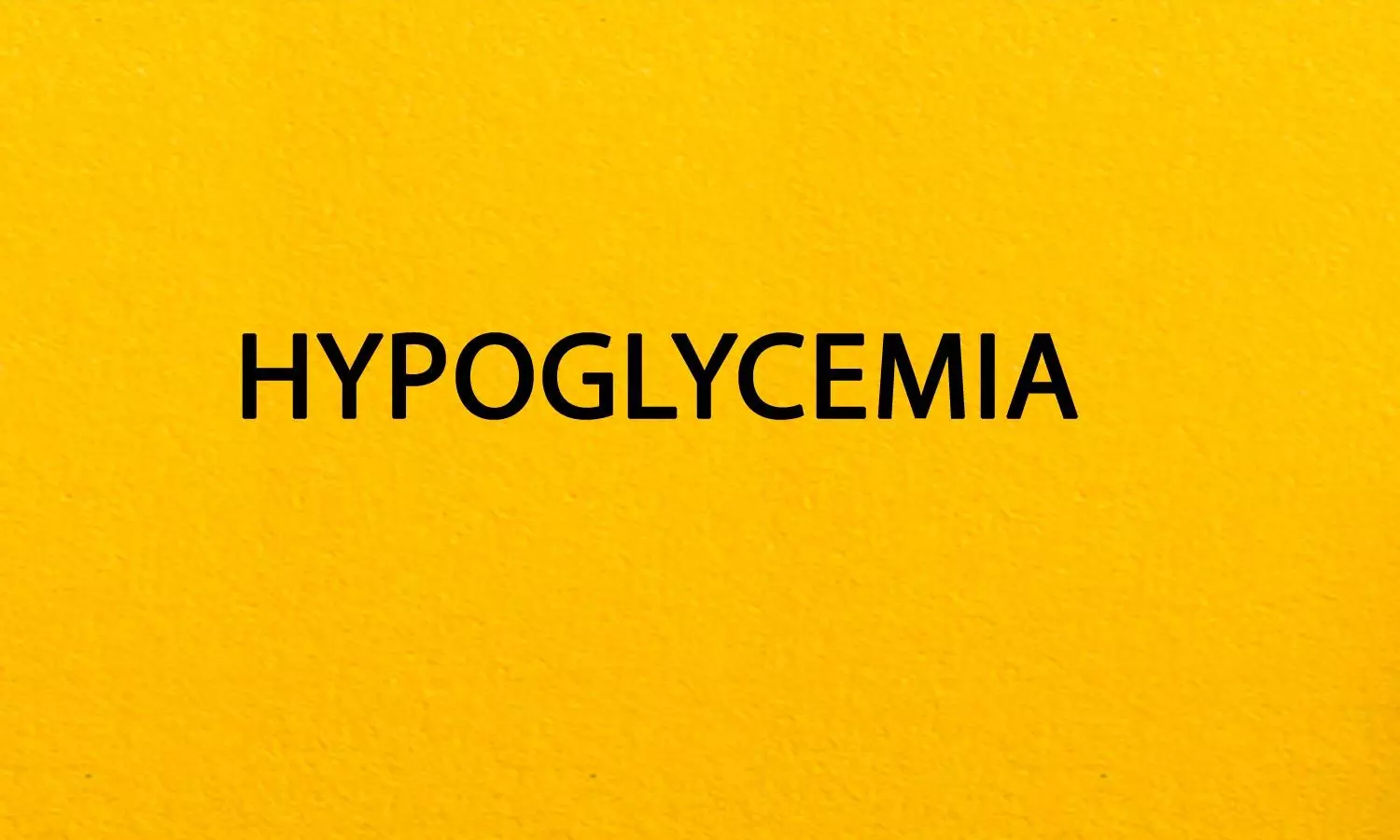
People with diabetes and those around them are always worried about high blood sugar in these patients! In some cases, however, their blood sugar may drop suddenly for some reason.
This condition is called hypoglycemia. In other words, when blood sugar falls below normal (usually less than 70 mg / dL), we experience hypoglycemia or hypoglycemia. Of course, this is a normal number and we should consult a doctor to confirm the symptoms of hypoglycemia.
What are the symptoms of hypoglycemia?
One of the dangers of hypoglycemia is the late onset of signs and symptoms, which makes it more difficult to diagnose and treat.
However, the most common signs and symptoms of hypoglycemia are:
-
Trembling and tingling in the hands and lips
-
Anxiety, anger, and mood swings
-
Sweating
-
Increase or decrease heart rate
-
Feeling dizzy or light-headed
-
Feeling hungry and nauseous
-
Drowsiness or confusion
-
Visual and speech disorders
-
Weakness and fatigue
-
Nightmare
-
Loss of consciousness
-
Convulsions and coma
Hypoglycemia is potentially dangerous and if not diagnosed and treated in time can lead to serious injuries such as loss of consciousness, car accidents, and even death.
Each person responds differently to hypoglycemia, and each of us must be aware of our symptoms. Also, as soon as you suspect the possibility of hypoglycemia, be sure to see a doctor for a correct diagnosis.
Several groups are exposed to hypoglycemic ignorance
-
The group with a long history of diabetes. They take hypoglycemia less seriously because of their long-term struggle with hypoglycemia and hyperglycemia and do not look for signs and symptoms and ways to prevent and treat hypoglycemia.
-
The group who suffer from recurrent hypoglycemia, and the habit of what happens after hypoglycemia has reduced their sensitivity to the warnings and symptoms of hypoglycemia.
-
The next group are those whose blood sugar is severely controlled and who do not need to worry about hypoglycemia. While some people may experience symptoms of hypoglycemia with blood sugar above 70 mg / dL. This is especially true when our blood sugar is very high and we are rapidly lowering it.
-
In the elderly, the warning signs of hypoglycemia are not very obvious and in some of them, there are no symptoms. Therefore, caregivers should be more sensitive to the first signs of hypoglycemia in the elderly.
What causes low blood sugar?
Because sugar, or glucose, is the main fuel the human body needs for normal functioning, reducing its amount can be a problem for all of us.
Hypoglycemia is a common occurrence in people, even healthy people, but its dangerous form is a complication of diabetes.
In patients with diabetes, hypoglycemia is usually the result of an imbalance between the following three:
-
Exercise and physical activity
-
eat
-
Taking blood sugar-lowering drugs
The most important way to control and treat hypoglycemia is nutrition.
Consumption of 15 to 20 grams of fast-acting sugars, such as a little sugar or raisins, will return a person with a hypoglycemic attack to normal. When blood sugar returns to normal (more than 70 mg / dL), a small snack should be taken to relieve hypoglycemia.
In cases of severe hypoglycemia, a patient with diabetes requires hospitalization and immediate treatment to increase blood sugar, as failure to treat hypoglycemia can lead to seizures, loss of consciousness, and coma.
Nutrition for people with hypoglycemia (low blood sugar)
Breakfast
Some good examples are:
Boiled eggs and toast with whole grains
Oatmeal with berries, sunflower seeds, agave, and cinnamon
Lunch
should be a small meal, but it should be rich in protein, healthy fats, and complex carbohydrates that cause a slow release of energy.
Some examples are:
Tuna, chicken, or tofu sandwich with whole-grain bread and leaf salad
Peas and vegetable salads
Grilled fish, baked sweet potatoes, and salads
Dinner
While eating at night is tempting, a person with hypoglycemia should eat a smaller meal at dinner. A good dinner contains protein and complex carbohydrates like :
Chicken or tofu with brown rice and vegetables
Salmon with steamed vegetables or salad.




